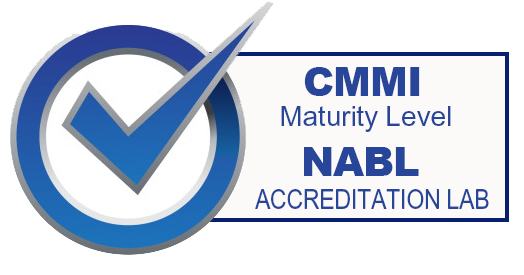- Call Us Now : +91 933-658-5266
- Send Us Email : geovisioninfocom@gmail.com
Earthquake
Don't Take Risks Learn To Manage Well.
Preventive measures to reduce the risk of Earthquake
- START NOW by moving furniture such as bookcases away from beds, sofas, or other places where people sit, sleep, or spend a lot of time. Move heavy objects to lower shelves.
- Move things that can fall on you away from where you spend a lot of time.Move heavy or unstable objects away from doors and escape routes.
- Secure a water heater to wall studs with two metal straps. Secure top-heavy furniture and appliances to wall studs.
- Use flexible connections where gas lines meet appliances (such as water heaters, ovens, and clothes dryers).Secure overhead light fixtures.


Readiness towards Earthquake
- SECURE your space by identifying hazards and securing moveable items.
- PLAN to be safe by creating a disaster plan and deciding how you will communicate in an emergency.
- MINIMIZE financial hardship by organizing important documents, strengthening your property, and considering insurance
- IMPROVE safety after earthquakes by evacuating if necessary, helping the injured, and preventing further injuries or damage
Response to Earthquake
There is brief summary of common hazards associated with Earthquake as well as precautions that can be taken to protect against:
- Only trained personnel should be involved in search and rescue or demolition and cleanup operations.
- Be aware of possible structural, electrical, or gas-leak hazards. If such hazards are identified, report them to the proper local authorities and/or utility.
- Do not touch downed overhead lines or objects in contact with downed power lines. Wear proper protective clothing when walking on or near debris, including boots and gloves.
- Be careful around sharp objects, including nails and broken glass.


Regaining from Earthquake
Four components of Recovery from Earthquake disasters
- Avoid walking or driving through flood waters. Just 6 inches of moving water can knock you down, and 2 feet of water can sweep your vehicle away.
- If there is a chance of flash flooding, move immediately to higher ground.
- If floodwaters rise around your car but the water is not moving, abandon the car and move to higher ground. Don't leave the car and enter moving water.
- Avoid camping or parking along streams, rivers, and creeks during heavy rainfall. These areas can flood quickly with little warning.


